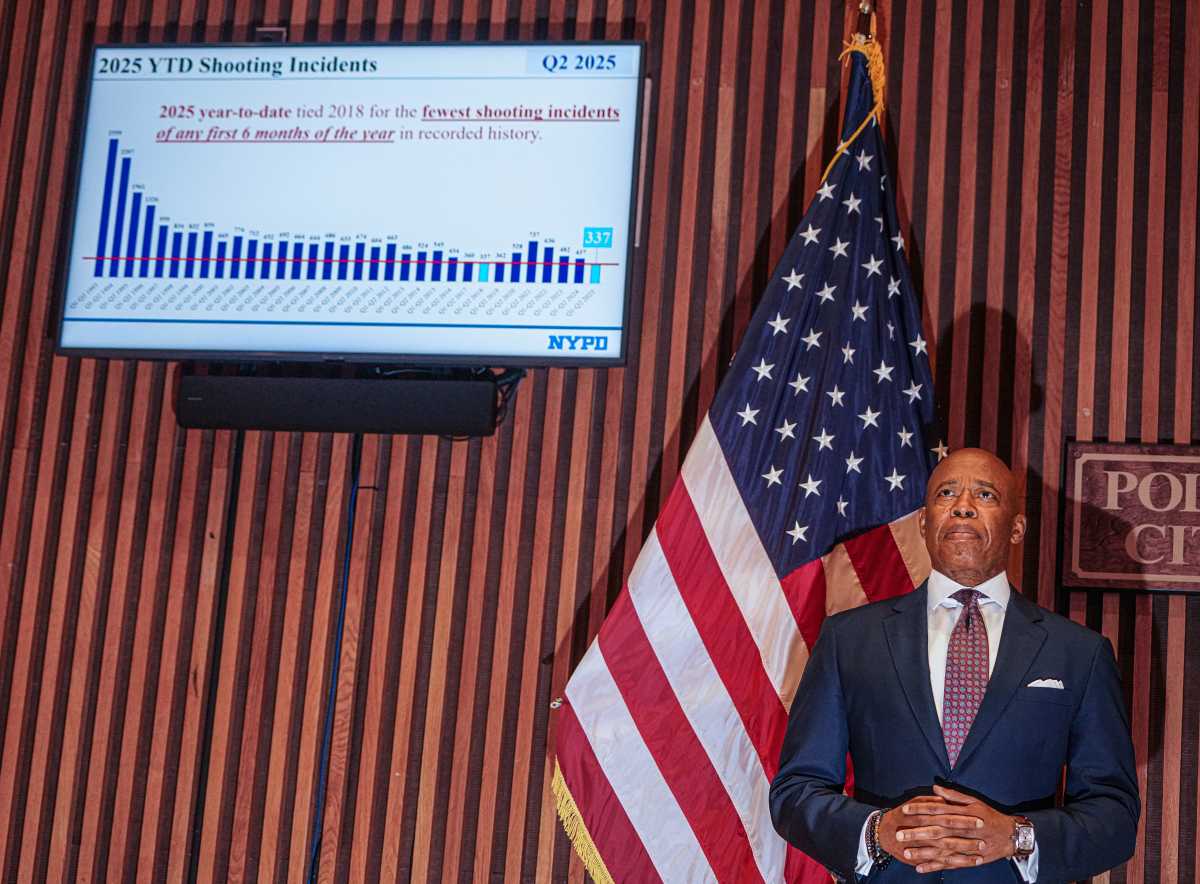Temporary lapses of judgment can be corrected. Permanent mistakes are harder to fix.
Congress is poised to offer very costly permanent tax giveaways to powerful corporations. It is also considering renewing more modest tax credits that encourage work and support millions of low-wage workers and their children. This is an easy choice: do not provide any more corporate tax breaks. Instead, renew the pro-worker tax credits because they have an important role in alleviating poverty and income inequality at a time of wage stagnation.
Congress will soon vote on whether to renew a grab bag of 50 tax breaks known as “tax extenders.” Though defined as “temporary,” they’ve been rubber-stamped every year or two for decades. The package costs about $50 billion a year. A small army of some 1,400 corporate lobbyists watches over this process, as four out of five dollars of these tax breaks benefit their patrons.
Remarkably, these corporate tax cuts get doled out for free — their costs added directly to the deficit. On the other hand, conservatives always require that vital services benefitting average Americans have to be paid for. What’s worse, this year a big push is underway to enshrine up to six of these costly corporate giveaways in permanent law. The price tag: more than $600 billion.
At the other end of the income scale, improvements to the Earned Income Tax Credit (EITC) and the Child Tax Credit (CTC) are slated to disappear at the end of next year. These two targeted expansions help working families make ends meet and cost a tiny fraction of the six corporate tax breaks.
Thanks to a rigged economic and political system, working families have seen their incomes and futures stalled for decades. The fortunes of Wall Street billionaires have soared. Experts agree that the skewed tax system contributes to our widening income and wealth gaps.
Tax policy should be crafted to correct the imbalances in our economy, not exacerbate them.
Yet, Congress hasn’t repealed a single corporate tax giveaway in years. Meanwhile, nearly $2.7 trillion in spending cuts are scheduled over the next decade to reduce the deficit. Critical services — public education, college aid, nutrition and housing, infrastructure and medical research — have all been significantly cut. Every one of these cuts would affect working Americans, while wealthy corporations are not being asked to contribute an additional dime.
Three of the worst corporate breaks slated for permanent status will take a big bite out of the federal budget while doing nothing to help working families.
The bonus depreciation tax break allows corporations to write off big purchases much faster than they actually wear out. Though it will cost $28 billion over 10 years, numerous studies show that it doesn’t help the economy much. It’s also very inefficient — the bang for the buck from spending on the EITC and CTC is four times greater than spending on bonus depreciation.
Two other loopholes enable the shifting of profits and jobs offshore.
The Active Financing Exception (AFE) allows multinational banks and other financial firms to move certain types of income — like dividends, interest and royalties — to foreign countries to avoid U.S. taxes. This giveaway was instrumental in General Electric not paying a dime of U.S. income taxes over five years despite making $27 billion in profits. AFE costs $78 billion over 10 years, more than enough to provide high-quality pre-school for all four-year olds for a decade.
The Controlled Foreign Corporation (CFC) Look-Through Rule allows U.S. multinationals to shift profits between foreign subsidiaries without triggering the U.S. taxes normally due. This encourages more offshore tax sheltering instead of domestic investment. Making the CFC Look-Through Rule permanent would cost another $22 billion over 10 years.
U.S. firms already have over $2 trillion in earnings stashed overseas. We shouldn’t be renewing loopholes that encourage offshore tax dodging. We should be closing them. The money we save should be used to make permanent the improvements in working-family tax credits.
The EITC makes work pay by supplementing the incomes of low-wage workers. Supported by both parties throughout its 40-year history, the EITC is widely viewed as one of the most successful anti-poverty measures in U.S. history. The Child Tax Credit supports workers and their families by providing a tax credit of up to $1,000 per child.
If the improvements to the EITC and CTC expire, it will push more than 16 million people — about half of them children — into poverty or deeper into poverty. We can’t let that happen.
Congress can make a temporary mistake permanent by locking in hundreds of billions of dollars in tax cuts for an exclusive group of multinational corporations. Or, it can start our nation on a path of permanent progress by using tax policy to lift up America’s working families. The choice should be clear.

























